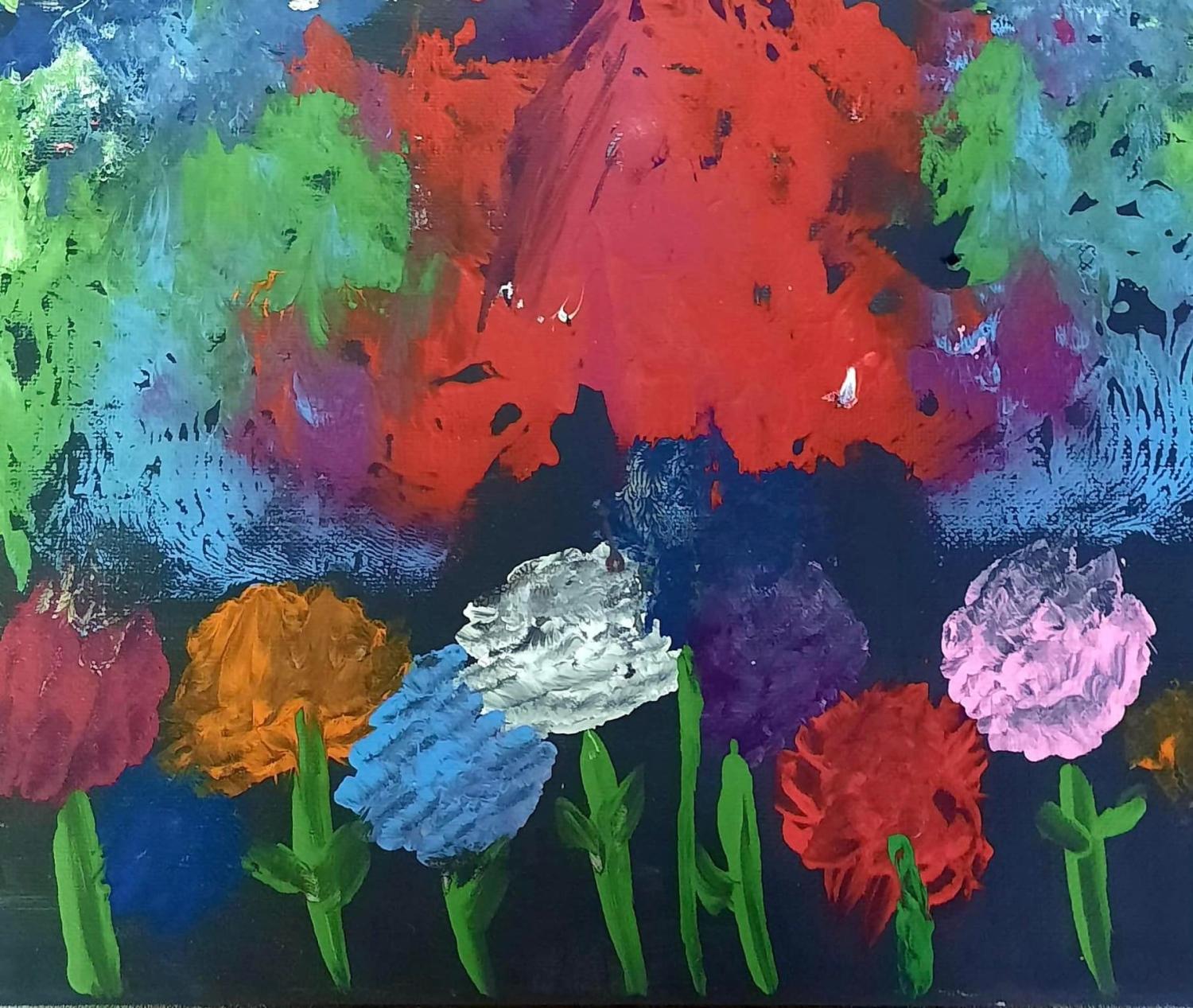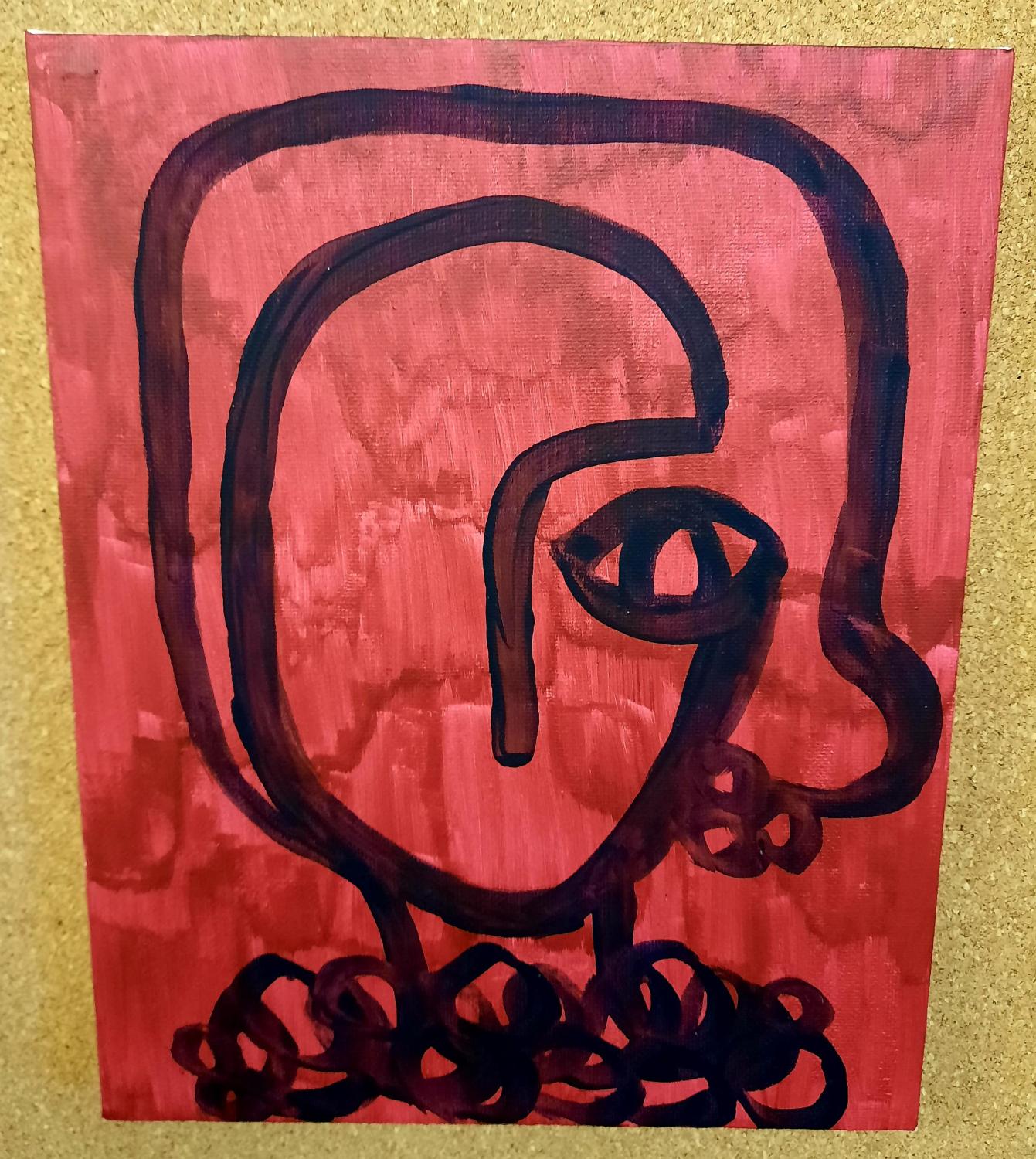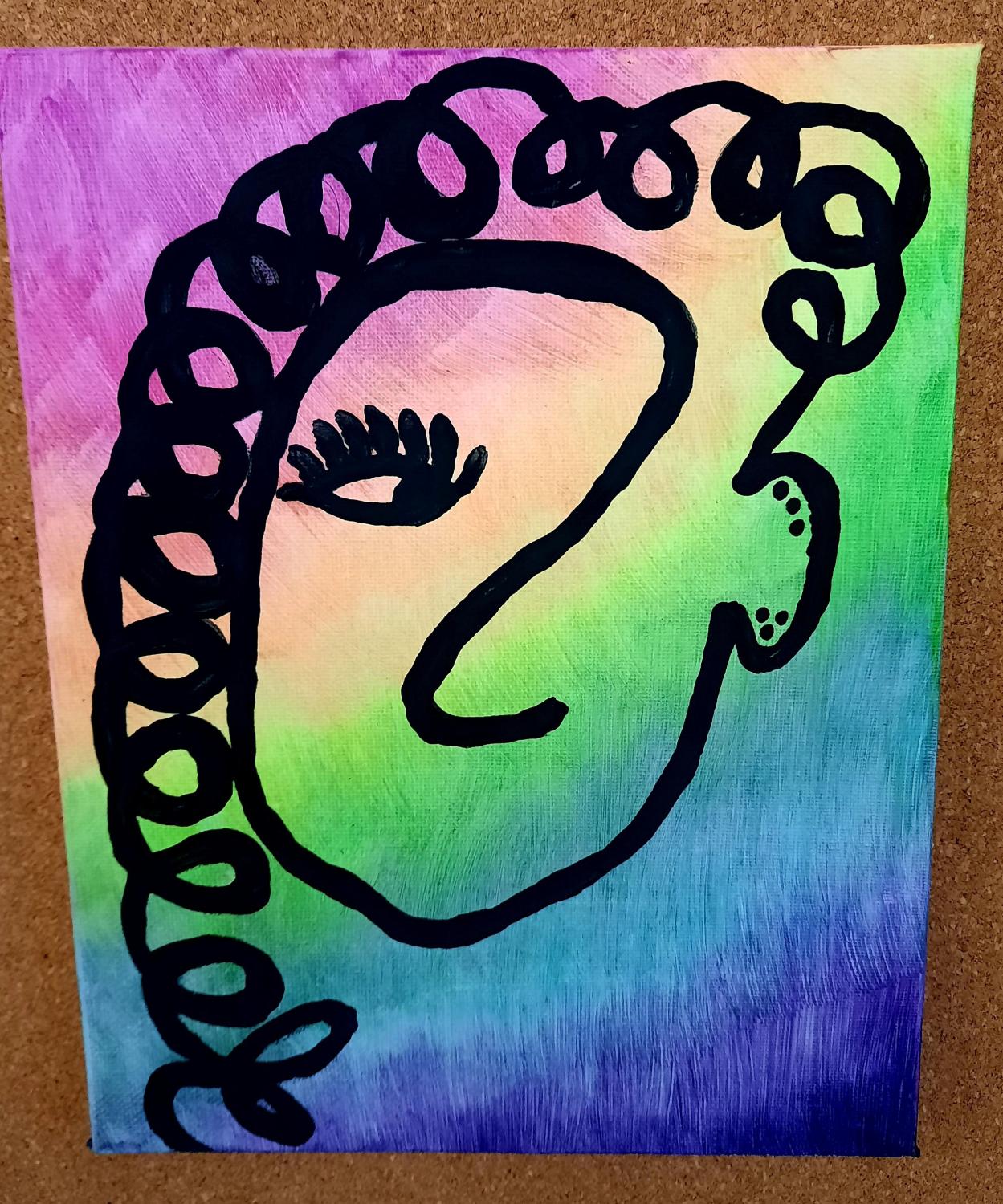Art – whether creating it or simply observing it – is a relaxing and inspiring activity. Studies suggest, however, that the benefits of art go far beyond just enjoyment. Artistic expression has proven to offer significant value in the recovery process for substance disorders, especially for those suffering from depression, anxiety and post-traumatic stress.
Since the pain, struggle and trauma associated with substance use can be difficult to put into words, expressive arts allows for a nonverbal form of communication and self-reflection. It encourages those in recovery to expand how they convey ideas and emotions, process complex feelings and, ultimately, find relief.
Expressive arts promotes:
- Creative thinking: Art has no “right answer.” It encourages us to find our own unique solutions.
- Communication: Art offers a way to communicate difficult thoughts and feelings that may seem too complex to openly discuss.
- Emotional release: Art provides a safe outlet for expressing moods and releasing thoughts and feelings.
- Empathy: Art often helps us feel more understood and less alone.
- Individuality: The creation of art allows us to maintain own identity and unique style.
- Self-discovery: Art helps us acknowledge and recognize subconscious feelings.
- Self-esteem: Art offers a sense of self-accomplishment, which can improve our self-appreciation and confidence.
- Stress relief: Art can serve as a distraction, helping our brains to relax and enter a meditative-like state.



